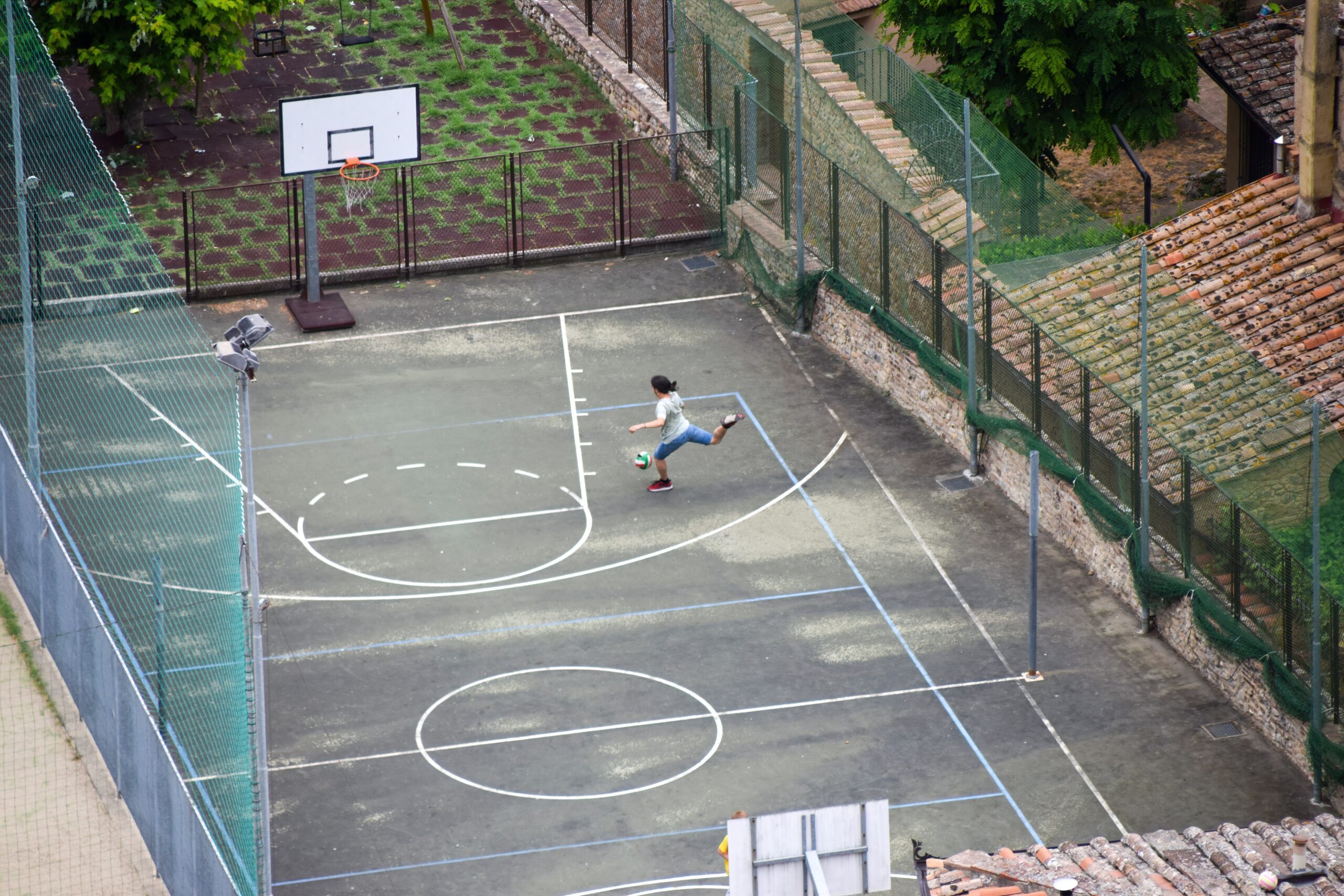Shaping a More Resilient, Better and Stronger Recovery with Local Voices at the Core

Author: Dr Davies Banda, University of Edinburgh
… sport has played an important role in all societies and acted as a strong communication platform that can be used to promote a culture of peace. It is, and will continue to be, one of the most cost-effective and versatile tools to promote United Nations values and achieve the SDGs. (United Nations n.d)
April 6th, is the annual observance of the International Day for Sport for Development and Peace (IDSDP) proclaimed by the United Nations General Assembly. The quotation above highlights the value that the United Nations and its Member States place upon sport for development and peace (SDP) activities. Sport and physical activity are a vital part of our lives as has been realised during Covid-19 restrictions. The International Olympic Committee (IOC) charter clearly states that sport is a human right. Our vision as the Childhood and Youth Studies Research Group (CYSRG) is to support the realisation of children and young people’s human rights. We share the same aspirations with the SDP social movement which endeavours to transform the lives of young people globally using sport as a platform. The SDP sector has continued to advance its methodology of using sport activities as scenarios to deliver both life and sport skills training.
The transformative power of sport is advancing the rights of young people globally by challenging social injustices. However, the Covid-19 pandemic has disrupted the gains that many individuals, communities, organisations, and nation states had achieved before the Covid pandemic hit us all. The pandemic brought a temporal halt to such developments. While its disruption is likely to exacerbate the inequalities faced by beneficiaries of the global SDP movement, it has also revealed weak social and institutional structures beyond the sport sector in both the Global South and Global North.
The resilience of SDP organisations, specifically Global South indigenous ones, are currently being put to the test. As the UN through its member agencies remind us all to build back better and stronger, and focus our efforts on recovery and rebuilding, providing a platform for members of our society who do not have a voice to speak and be heard is vital to the recovery process. Our rebuilding and recovery plans at local, national and international level should endeavour to capture the voices of those whose plight has continued to worsen during this Covid-19 pandemic. The call upon all of us on this IDSDP, is to build better for a more resilient and equitable world.
Within the United Kingdom, professional sports clubs and individual elite athletes in all the four home nations have demonstrated the power of sport by being a voice for the marginalised, specifically those accessing free school meals. Similarly, online hate speech and hate crime that are racially motivated have been on the increase during the Covid-19 pandemic. Sport sector actors have added their voices to ‘concerted’ efforts to tackle these racial injustices. As we prepare to rebuild, the lack of support structures brought to light via sport sector-based activism need to be considered seriously by all governments to help protect the human rights of those who have suffered these injustices.
Internationally, under Covid-19 pandemic conditions, SDP NGOs tasked with the design and provision of remote, online or e-sport sport activities to children and young people in deprived communities have deemed the approach hugely problematic. Such an approach cannot meet the needs of their target communities who have limited resources to support resource heavy digital-based provisions. Instead, use of mobile phones and social media platforms have remained useful for administrative interactions between facilitators/coaches and community leaders.
One such example of resilience demonstrated by an indigenous SDP organisation located in sub-Saharan Africa with frequent deliberate electric power shutdown, locally known as load shedding, considers online provision not a viable option for their SDP provision. Instead, local redesign of their approaches have adopted home visits focused on meeting the needs of those most vulnerable consisting of people with disabilities, women, and girls. Session plans for inclusive sport activities are shared via WhatsApp and used during home visits.
As we continue to rebuild, the role of sport in our lives has not diminished due to the disruption caused by the pandemic, instead, according to the United Nations the ‘power of sport to drive social change, community and human development, and to foster peace and understanding both in developed and developing countries’ has been enhanced.



Comments are closed
Comments to this thread have been closed by the post author or by an administrator.